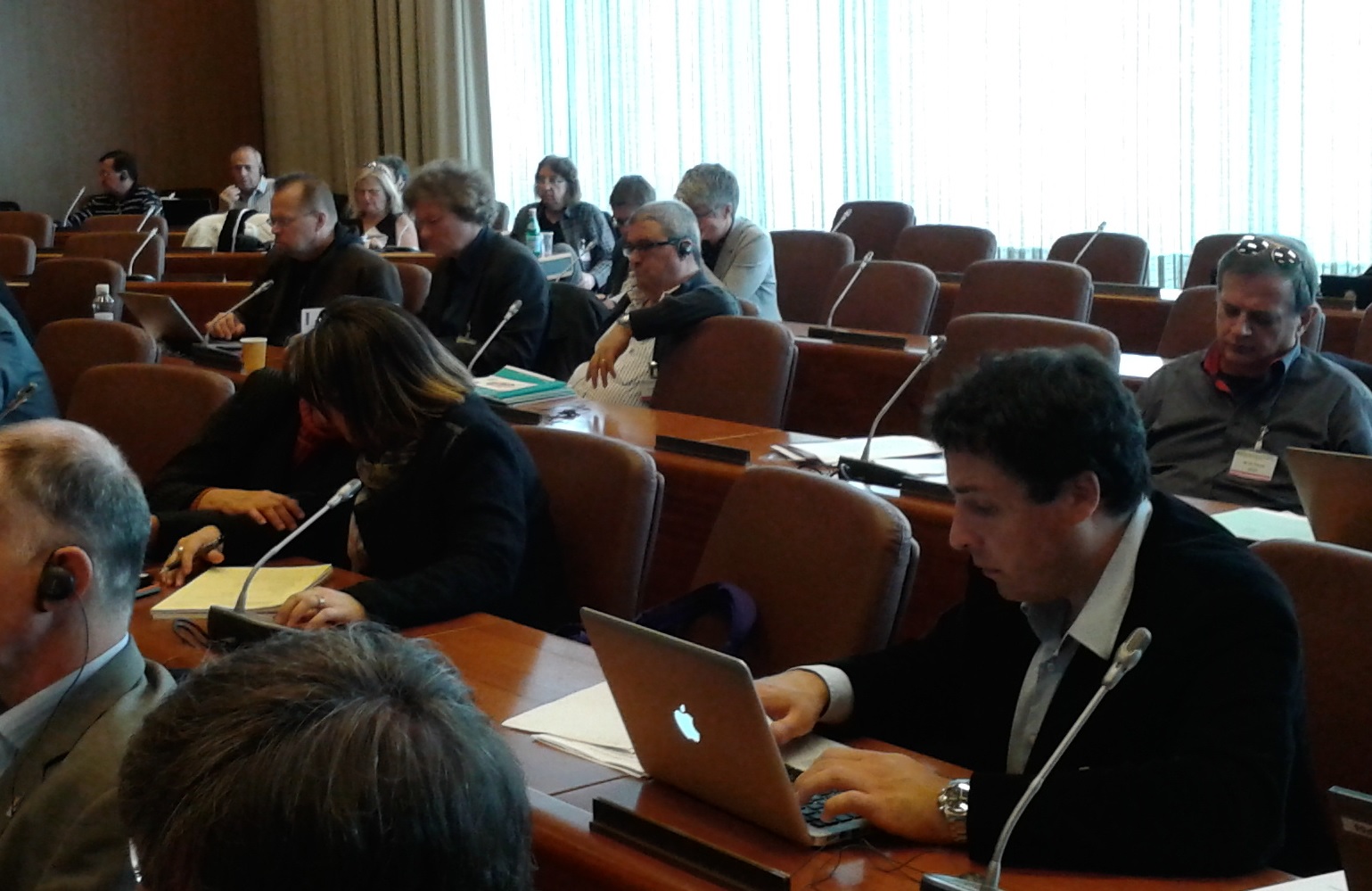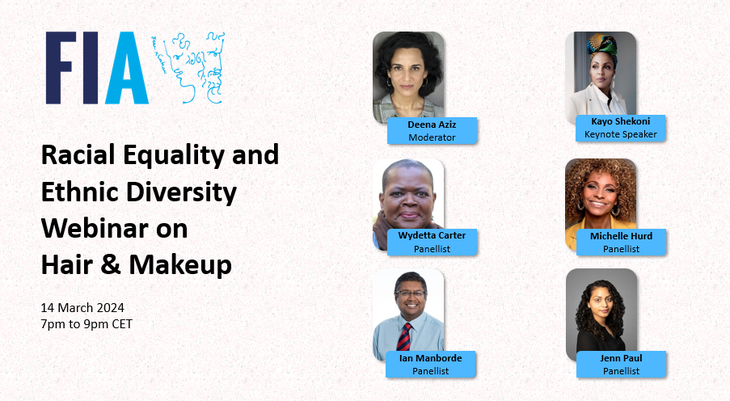From the outset, employers and workers representatives crossed swords and made their respective stands very clear at the ILO Global Dialogue Forum on Employment Relationships in the Media and Culture Sector. Held in Geneva, from May 14 to 15, 2014, this tripartite consultation was the first attempt in 10 years to focus on a sector that is experiencing a growing demand for flexibility and widespread use of atypical work arrangements in a rapidly changing industrial background. Whilst technological developments have brought about new work opportunities, they have also generated new challenges with respect to business models, workers’ remuneration and skills. Generalised cuts in public spending, a decline in advertising revenue and piracy have also taken their toll, contributing to a further weakening of the traditional employment-based relationship and fuelling the emergence of a variety of employment statuses that too often fall short of any meaningful labour protection.
While traditional employment contracts are still an important part of the sector’s employment landscape, particularly in larger structures such as broadcasters and major cultural institutions, an increasing number of players in the sector now rely on more atypical work relationships. The number of free-lance, self-employed workers, project contractors, temporary agency workers, etc. in our sector has steadily risen in the last decade – challenging the ability of trade unions to effectively represent and bargain for this workforce – despite the fact that the work itself is often identical to that carried out under employment contracts and the relationship of dependency and subordination fundamentally remains.
While the promotion of employment contracts of indefinite duration as the continued desirable norm – due to the transparency, security and stability it brings to the employment relationship – must and will remain a key trade union principle, nonetheless, the organisation and representation of those falling outside of this norm is also an important challenge, if they are to enjoy their core labour rights.
The overly strict application of competition rules intended to counter cartels has also resulted in the exclusion in some cases of self-employed workers from collective bargaining. This is an issue of growing concern as it hampers the capacity of trade unions to represent some creative workers and in doing so undermines the standards they manage to set in the field of traditional employment.
With its delegation of 14, and together with the delegations of sister federations FIM, UNI MEI and the IFJ, FIA engaged in the Forum with a view to mapping out the necessary steps to find concrete solutions to these problems.
“The nature of the work is fundamentally atypical – said employers’ spokesperson Linda Facchin, Executive Director at the Canadian Broadcasting Corporation – and many workers want a different way of characterising the employment relationship. […] Self-employment does not respond to the collective bargaining approach and new forms of dialogue should be considered in this case”.
“To claim that the only acceptable form of collective bargaining is the one between traditional employers and employees is a mistake” – responded Chris Warren, Federal Secretary of the MEEA, Australia, spokesperson for the workers’ delegation – […] “Nothing could be further away from the reality in this day and age in the media and culture sector. All workers in a dependent relationship, regardless of their contractual relationship, should have access to core labour rights. Many employers already engage with self-employed workers in our sector out of their sense of respect for the creative role they play in the industry”.
After an intense negotiation, the parties agreed on points of consensus, acknowledging that fundamental principles and rights at work apply to all workers in the media and culture sector, regardless of the nature of their employment relationship. The document also calls for a better understanding of the different types of employment relationships and other working arrangements in the media and culture sector and calls on governments to ensure that competition legislation does not obstruct the right of media and culture workers to freedom of association or to engaging in social dialogue with their social partners. The workers delegation also managed to include various references to the respect, and promotion of, diversity and equal opportunities. The recommendations for future action, among which the call for a code of practice on the protection of children working in the media and culture sector, will be submitted to the Governing Body of the ILO in November 2014 for consideration.
Further information and documents are available on the ILO Website





